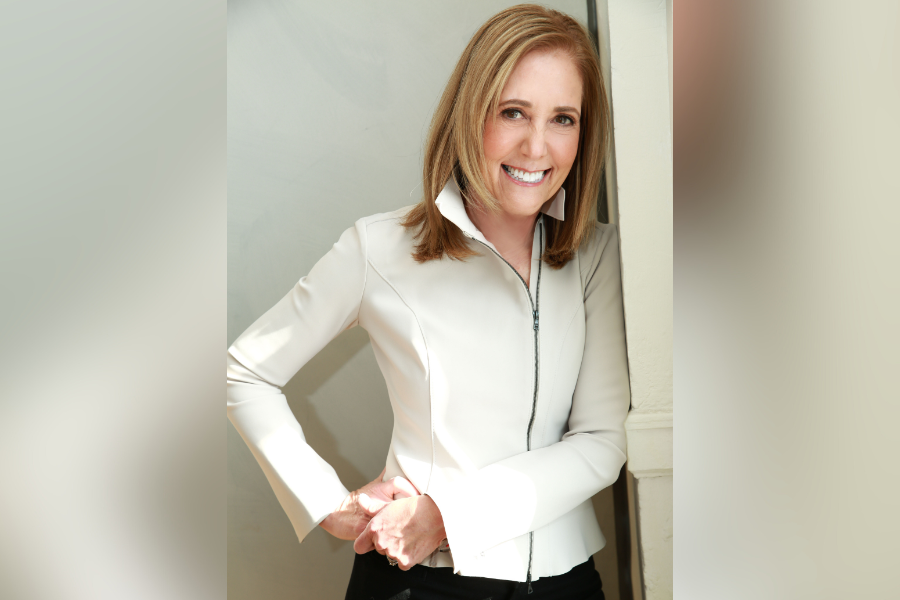When custodians target retail market
Custodians are becoming more attracted to the business of automated advice, and are using vast resources to introduce their own consumer platforms.
As more custodians enter the direct-to-consumer robo-advice market, their potential competition for assets with the very financial advisers they serve is growing murkier.
Custodians are becoming more attracted to the business of automated advice, and are using their vast resources to introduce their own consumer platforms. Fidelity Investments recently rolled out Fidelity Go, a retail robo-adviser, and TD Ameritrade said last month it was working on one of its own, to be introduced in 2017.
These announcements come a year after Charles Schwab & Co. launched its robo-adviser platforms, Schwab Intelligent Portfolios and Schwab Institutional Intelligent Portfolios, which, combined, now have more than $8 billion in assets under management.
What effect will custodians’ retail robos have on the advisers they serve?
The conventional wisdom has been that direct-to-consumer robos are targeting a segment of clients — mostly the less wealthy — that traditional advisers aren’t interested in serving anyway, and in a different capacity.
“For those who see them as a threat, they are playing in an area of the marketplace where they are at risk of being disintermediated — they aren’t offering anything the market wants,” said Matthew Fronczke, senior executive consultant and head of consulting at kasina.
(Related: Custodians help advisers navigate DOL fiduciary rule)
Michael Wong, a senior equity analyst at Morningstar, agrees. He said not as many advisers are concerned about robos as they were a year or two ago.
“It depends if they would have gotten that client in the first place,” Mr. Wong said.
WEALTHIER PROSPECTS
But it’s not only the less wealthy using online advice platforms today, and a few years from now when the public becomes more familiar with automated offerings, wealthier prospects may be more inclined to use them. Robo-advice platforms are expected to attract $489 billion in assets under management by 2020, according to Cerulli Associates, up from $18.7 billion in AUM as of last November.
Custodians who only offer business-to-business platforms say there is a conflict of interest in their type of company offering a retail robo. Pershing partners with only those robo-advisers financial advisers can use for their practices, and TradePMR launched an institutional robo in May called EarnWise.
“If you want to grow you need to embrace technology, and the fact that your custodian is competing with you for clients strikes me as a problem,” said Tony Berman, vice president and product manager for digital advice at Pershing.
TradePMR contemplated offering a retail digital-advice service, but so far has refrained because of the antagonism it could spur with the firm’s advisers.
“Some [custodians] teeter-totter both ways, but that will be something that advisers are going to frown upon,” said Robb Baldwin, chief executive of TradePMR.
Ross Gerber is one such adviser.
(Related: Custodians and clearing firms ranked by number of clients)
“Schwab has a very difficult line they walk,” said Mr. Gerber, president and chief executive of Gerber Kawasaki Wealth. “One of the reasons we don’t use Schwab is they have an inherent conflict. If you are an adviser with Schwab, they have their own product, they sell Schwab products to your clients whether you like it or not.”
Schwab spokesman Rob Farmer countered that his firm’s robo was “designed for investors who prefer a more technology-based, automated investment model, which is very different from the more customized, relationship-centric model that our financial consultants and RIA clients deliver today.”
COMPLEMENTARY SERVICE
Mr. Farmer has not heard of any advisers shopping around for another custodian because Schwab launched a retail robo-adviser. He thinks that’s probably due in part to the fact that the firm offers an institutional version for advisers.
Schwab sees its robo “as additive and complementary to independent advisers’ current offer, rather than it competing for anything they’re offering,” Mr. Farmer wrote in an email. “In fact, a service like this could serve as a gateway to the more complex financial planning services independent advisers offer today.”
But not everyone is sold on what the future might bring from these new retail offerings.
(Related: Top 5 robo-advisers by AUM)
Financial planner Jude Boudreaux, founder of Upperline Financial Planning, is of two minds about custodians providing robos directly to consumers.
“I do think it’s pretty terrible in general that custodians, who serve advisers, are rolling out products to compete with advisers,” he wrote in an email. “If their job was to help advisers run their businesses, why don’t they develop these tools and allow [advisers] to use them with clients, rather than competing with them for some of the same pocket share?”
But Mr. Boudreaux agrees it won’t affect all advisers in the same way.
“For most of the advisers I know, the investment implementation is just part of the plan, and their value proposition isn’t based on just having great investment strategies,” he said. “I don’t like it, but I also don’t think it’s going to be a big deal in the long run.”
Jonathan Swanburg, a financial adviser at Tri-Star Group, said he’s very open with his clients about robos being offered in a retail and institutional manner. He works with Betterment Institutional, and also has access to Schwab Institutional Intelligent Portfolios, and tells his clients upfront that these companies have retail versions. So far, of the dozens of clients he has, on his robo-adviser, only two have gone that route.
Self-directed investors or those heavily focused on cost may not have wanted to work with a professional to begin with, he said.
“It is not going to be direct competition,” Mr. Swanburg said. “The clients who were going to go with those robos and who didn’t want to pay the full price for a human would go with them anyway.”
What is no longer in question is what advisers can do to compete in this new environment, such as identifying a target client audience, stepping up their value proposition beyond investment management and possibly even working with a robo-adviser themselves.
Instead of thinking about the clients they could lose from custodians offering retail robos, advisers should be focusing on the digital tools these companies have for financial professionals, experts said. TD Ameritrade Institutional, for example, partners with about 20 third-party robo-adviser vendors, and Fidelity intends to release an adviser-facing robo-platform in the near future.
Learn more about reprints and licensing for this article.







